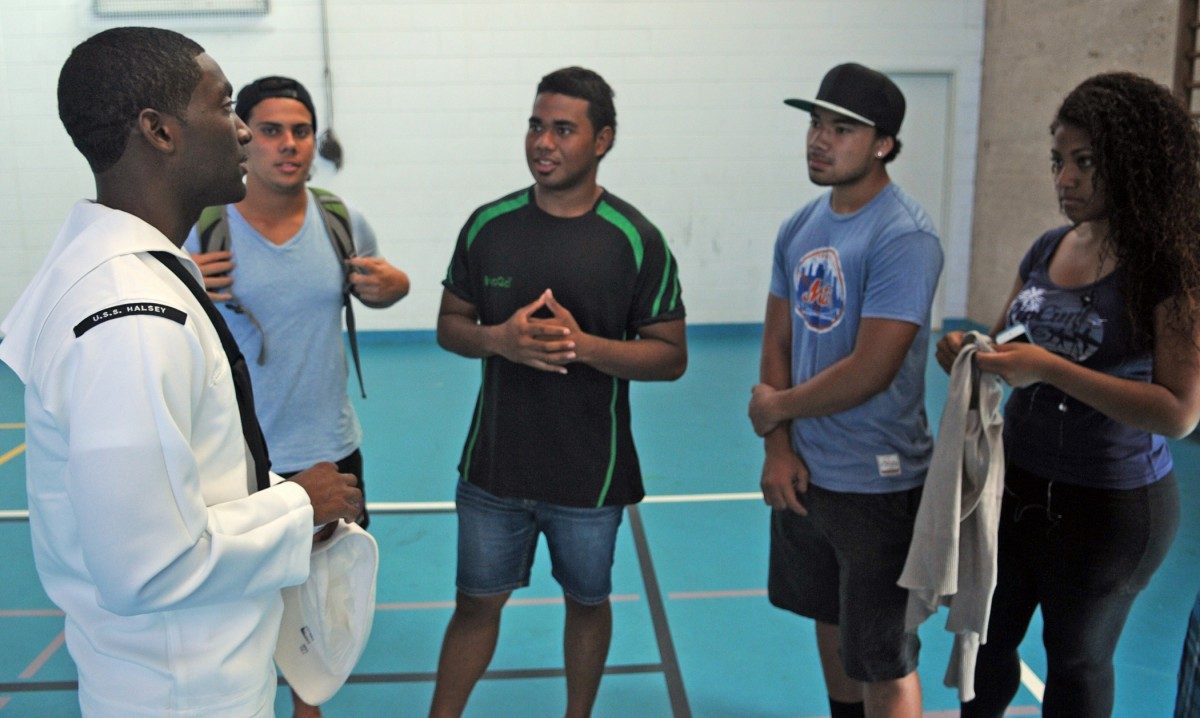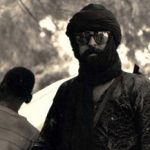The first book I bought with my own money was Dr’s Seuss’s then newest, Green Eggs and Ham. It was late August of 1960 and my parents had given me a dollar to spend at a special book sale for the start of second grade. I know: I was probably already a little old for this particular picture book, but I had been in love with Dr. Seuss for some time, my parents having introduced me to On Beyond Zebra soon after I’d learned to distinguish words and then letters, probably in 1956.
The most recent book I’ve bought is a Kindle version of Thomas Paine’s The Age or Reason.
Did I say “bought”? Sorry: It was free. The book is more than 200 years old; it has no copyright. And Paine, were he alive, probably wouldn’t want one. But I did download it.
Let’s see… my most recent purchase, then, was John Warner’s Why They Can’t Write: Killing the Five-Paragraph Essay and other Necessities. That, as you might imagine, has as much to do with work as with pleasure.
I can remember quite well learning to read, sitting on my father’s lap while he read to me, his finger under each word as he pronounced it. Other kids my age were probably out playing ball with their fathers. I lost out with that but I gained something else, a love of words and of the letters that compose them. I still have it.
Later, in the fall of 1963, I was shipped off to a small boarding school where a man named Ernest, who had founded the school, had set up a print shop. Seeing something in little, lost me, he took me there and taught me how to set type, lifting letters from a California job case into a composing stick, justifying each line and setting another until a paragraph or so sat in my hand. That was just the start of the process leading to a printed page–and I would soon learn it all, and would continue to work with letterpresses for the next eight years (and then again for two years long after that, when I would teach the craft to high-school students).
Ernest also tried to teach me beekeeping, but that didn’t stick or influence my future, certainly not in the way words and letters have.
Speaking of letters: I always hated the way I formed them, even in first grade where I struggled with cursive. I already knew how to block print and much preferred that, though the result was about as pretty as my cursive, which was rather dreadful to look at. At home, I stared longingly at my father’s typewriter but, for some reason, did not learn how to use a machine until I took Typing during the summer of 1966.
I was the only boy in the class. In those days, typing was something done almost exclusively by secretaries and secretaries, almost exclusively, were women. No one at the school understood why I wanted to learn to type, but my parents stood behind me–and so I did. Today, of course, almost everyone learns to type without even realizing they are doing it. Keyboards, after all, are everywhere. It wasn’t always so, and typing, especially ten-finger touch typing, was considered something of a skill.
It was certainly the skill that unleashed me as a writer. I hated writing by hand; I loved typing. And I did a lot of it.
The other side of writing, of course, is reading, and I had been doing a lot of that even before proudly hauling home Green Eggs and Ham and reading it, without help, to my younger brother. That was grand!
Did I say I also loved reading? No? Well, I did. Even more than I loved typing, er, writing. In fourth grade, I read all of the Hardy Boys mysteries I could get my hands on as well as a series of “biographies” of famous Americans for school children like me. I wanted to read more difficult books, but I couldn’t get far into them, no matter how hard I tried–not then. I remember, in 1964, attempting the recent bestseller, Joseph Heller’s Catch-22. I could make no sense of it, not then. I finally made it through during the fall of 1967, just before I turned sixteen. My reading skills had progressed rapidly over those three years between attempts, in part because I had stumbled upon the correct mix of the easy, the challenging, and the (as yet) impossible. The first I enjoyed, the second exerted me, and the third kept my coming back.
Though I have had many careers, I’ve always stumbled back to words–probably because of my father’s patient finger under shapes that slowly coalesced into words and–that brilliant discovery!–into individual letters with associated sounds. Would I have become a writer and a teacher of writing if he and I had been, instead, in the back yard tossing a baseball back and forth? I have no way of knowing, but I do like to believe he was nurturing my true nature.





